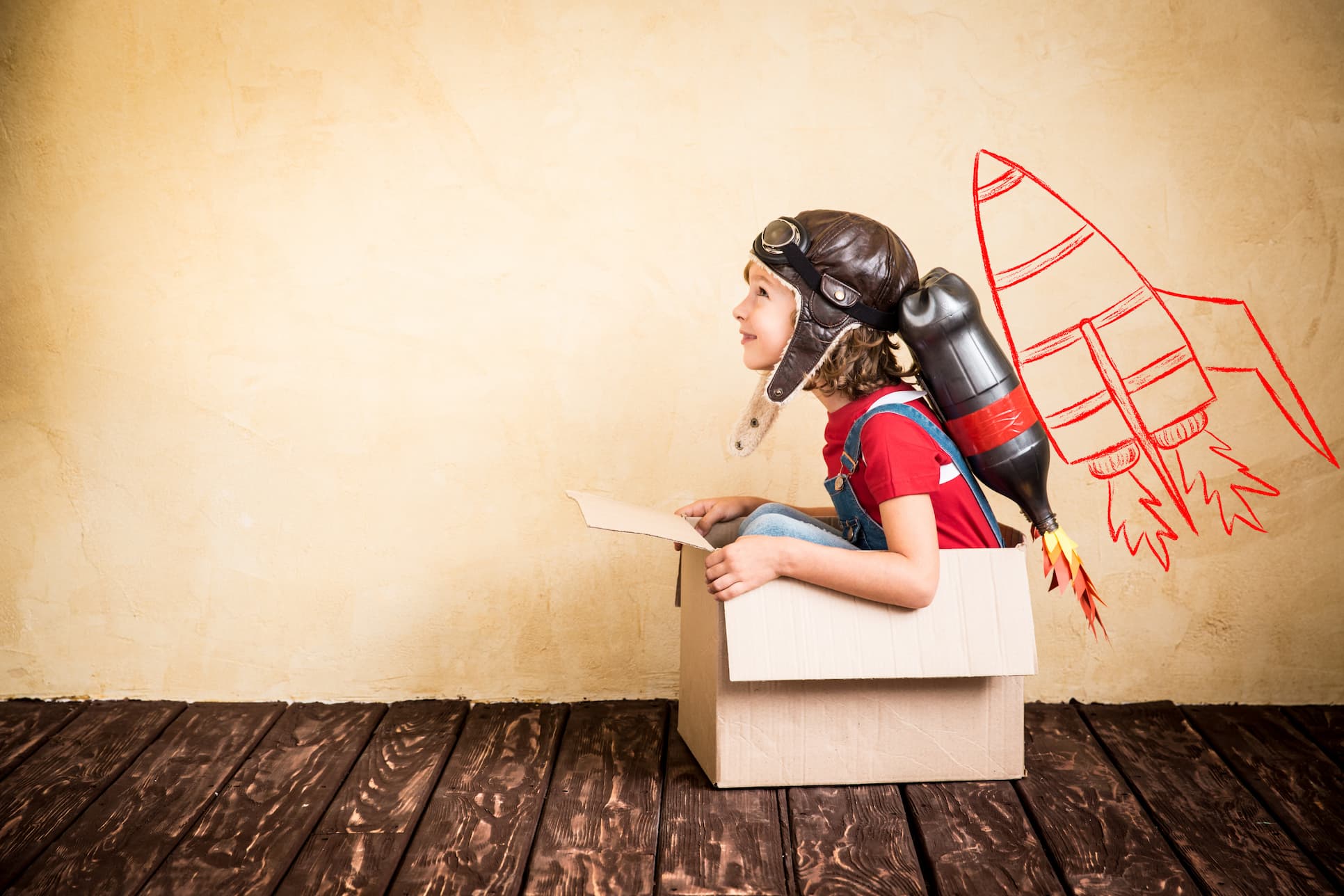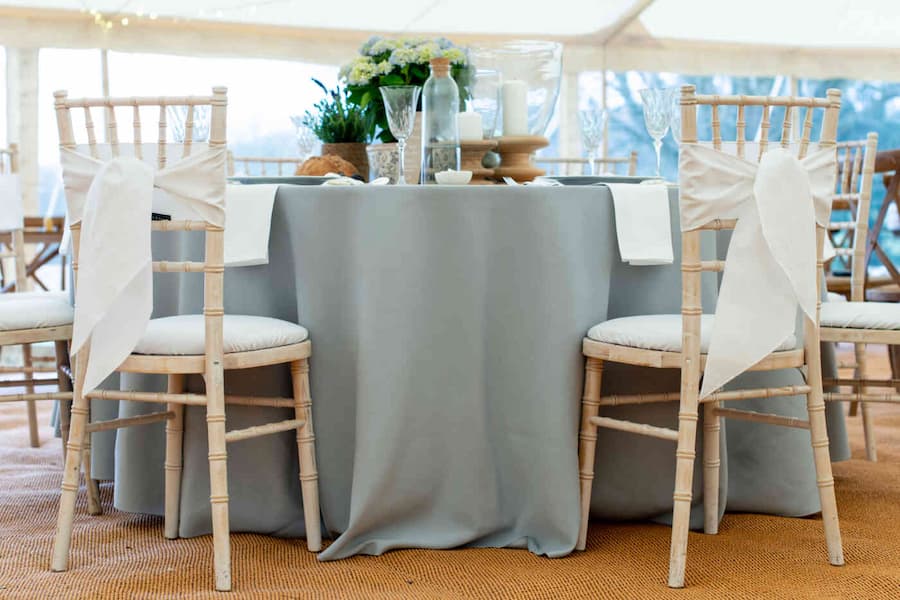What Size Generator Do I Need?

Some of the most important questions we’re asked by caterers before or during events often involve power and the larger pieces of equipment that we hire, such as ovens and hot cupboards.
The need for adequate power for your event (A guide for caterers to send to clients)
Published : 21st January 2019
Some of the most important questions we’re asked by caterers before or during events involve how much power or what size generator is required for the larger pieces of equipment that we hire, such as ovens and hot cupboards.
They usually run along the lines of:
- “How many kilowatts is x?”
- “The boiler is not working, what can I do?”
- “The oven isn’t getting up to temperature, is it working properly?”
We are SafeHire certified so all our electrical equipment is PAT tested and checked before each hire and is working perfectly and safely before it leaves us for your event.
99% of the time it’s simply down to power on site… or the lack of it!
These pieces of kitchen equipment require a fair bit of juice. Without the required power or the right size generator this can lead to problems and even power cuts when all the equipment is fired up or used at once.
Our hope is that this guide will help you understand how power works and what you need to request from the client when you’re booked.
Getting the right tent or kitchen space is important, but so is getting the right power!
Now,
what is a watt?
Forgive us while we get geeky for a second…
But there are actually two kinds of watts.
- Running watts – continuous watts produced to keep items running.
- Starting watts – the extra power needed to start large motor-driven appliances or multiple items.
The main thing to focus on here is to get more power than you need. When all the kit fires up at once you’ll really put a drain on the supply. The more watts you have at your disposal, the more items you can power up without worrying about power cut related issues.
Oh… and you might know about amps too.
- An amp is a measure of electric current
- Voltage is the measure of pressure.
Watts ÷ voltage = amps.
Right… that’s the technical bit out of way, so let’s think about your events.
What do you need in your kitchen? And what watt do you need?
When you’re speaking to your client about the event you’ll know instinctively what you need to hire to create the food they’re asking for. Most of this will be the same across the events you do.
You’ll need to quote them for the job so you’ll build in the cost of hiring the equipment, right?
Well at this point it’s time to do some maths and ask them if they’ve planned for the power you’ll need… let alone the power others at the event will need.
(How many times have you seen the band blow up the electric through no fault of their own? That’s overload!)
Firstly then, get the list of equipment you’ll need and add up the watt you’ll require. Aim for the maximum you’ll need so you’ll be covered.
To help you, here’s what the typical kitchen equipment will draw from the power supply:
- Turbo oven = 3KW
- Hot cupboard = 2KW
- Hot holding cupboard = 1.5KW
- Water boiler/tea urn = 3KW
- Mobile hand wash = 2KW
For a wedding of 100/120 guests most caterers would be expected to need:
- 1 or 2 Turbo ovens
- 1 x hot cupboard
- 1 x Water Boiler
- Potentially 1 x mobile hand wash
- 1 x gas oven (Irrelevant in the KW calculation)
So for the above example you’d need 14.5KW to run your kitchen at full pelt and that’s just the kitchen.
Want to plug in your fridge van? Add that in too.
Need lighting? Add that in too.
Our top tip for caterers would be this:
Want to know the best thing?
Build a ‘Total Kilowatts Needed’ plan and add that to the quote and requirements for your client and agree it before they sign.
Home alone?
Now, a problem will arise (and invariably does) when the client wants to plug all this into the main ring main on the house.
Even a modern house with brand new electrics and a reliable feed will only have 7KW on the ring main.
Based on our wedding example above, that’s HALF of what you’ll need and that’s just you, not the band, marquee, and anything else they’re using.
AND… the house will still be drawing power, too.
It looks like we’re building a case for a generator hire, and to be fair, we are.
Even the simple events can draw more that the 7KW needed for the kitchen alone and that can cause drop outs and failing ovens right at the point you need them!
We don’t need to explain to you the consequences of continual power issues and the stress that causes to everyone involved.
Consider asking for a generator
Even a standard event generator will give you 18 watt and that might just be enough to run the kitchen and band, leaving the house to run the lights but we’d suggest asking the client to do their sums on ALL the planned power needed and get it covered by a generator.
The chances are the marquee company (if they’re having one) will have tried already.
Generators are needed for large outdoor events like festivals but when you do the sums for a party of 100 you might just find you need one for that too.
Here’s a really useful guide on hiring a generator and whether you need to.
Ask for watt you need! (See what we did there?!)
Always ask the supplier of the catering equipment to provide you with the KW for each item. Add all the KW together and then show this to your client.
Don’t be caught out at the event. Own this conversation with them and explain that the success of the event hangs in the balance if they don’t cover it.
It’s not a lie, it could be the difference between dinner or no dinner, first dance or no first dance! It’s pretty vital to get it right.
If you’d like to see the full range of catering ovens and other equipment we hire then head over to our Kitchen Equipment Hire page.
If you need any help choosing your equipment please do call us on 01789 491133 or contact us here.



